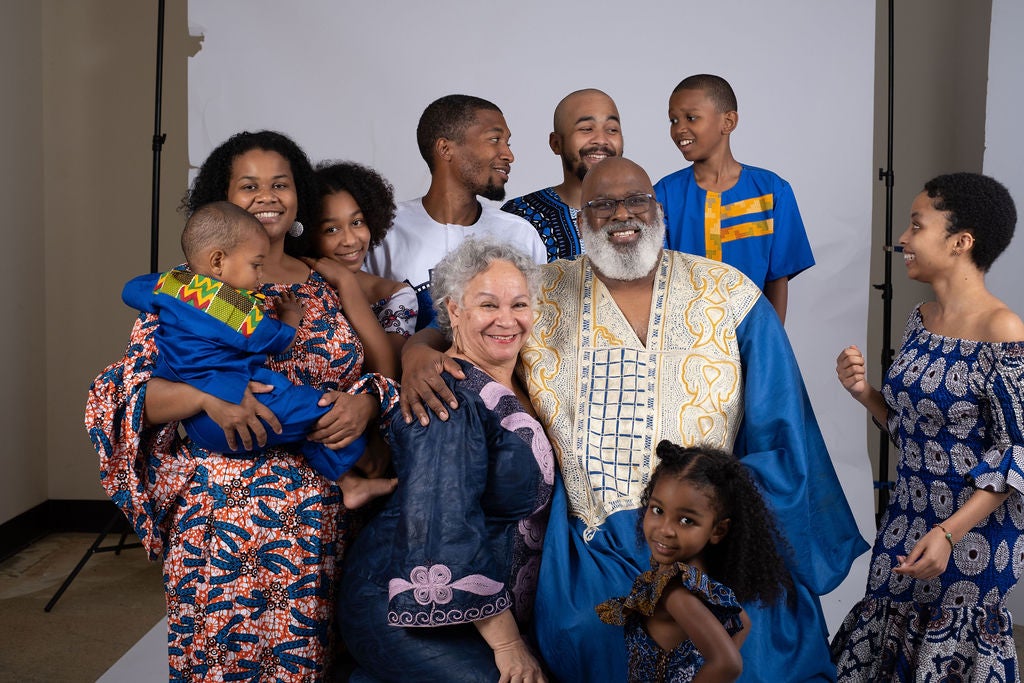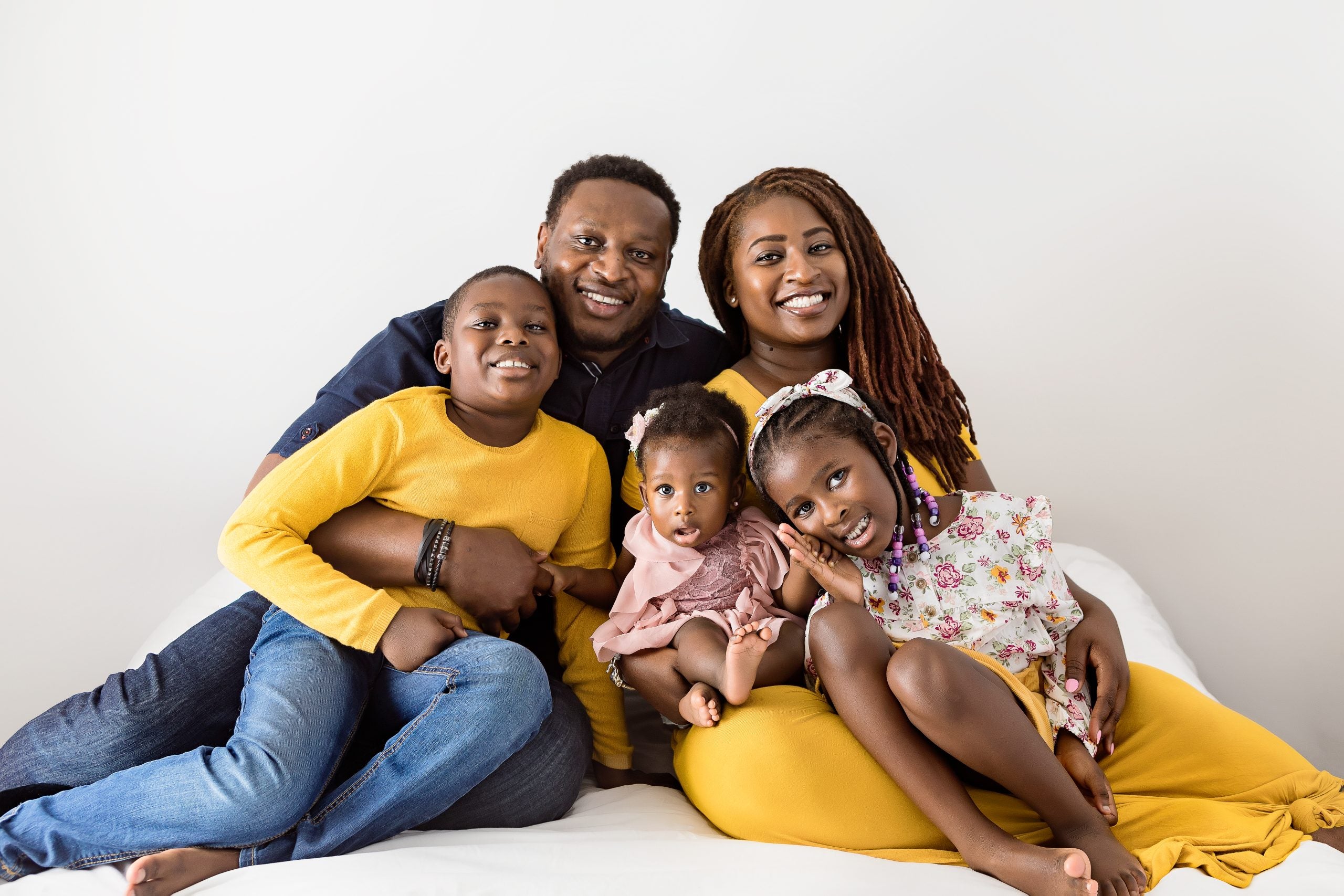
[ad_1]
I don’t remember when my family first introduced me to Kwanzaa. I was born to activist parents in Los Angeles, so I encountered it early in my life. Two generations after L.A.’s Watts Rebellion in the summer of 1965, which drove Africana Studies professor Maulana Karenga to create the holiday, I sipped on the unity cup as a kid, watching those who’d gathered pay respects to our elders and honor the deceased with libations. We lit our candles each day on the kinara, and revisited each of the seven principles, intended to instill values that could keep our people unified and in touch with our African roots. My mom, Imani, bears the name of one principle—the English translation is “faith.”
In our Black-conscious circles, Kwanzaa was a way of life. So as I got older, it was a shock to hear how uncommon the observance was for many Black families. As dominant institutions aim to erase Black history and roll back our progress, it seems more important than ever to carry on the tradition. And so I sought out other Kwanzaa-observing families to ask about when they started celebrating and why.
Keron Alleyne—the co-chair of Operation P.O.W.E.R., a Brooklyn-based social justice organization—began celebrating Kwanzaa on campus at Utica University: “I went to school in upstate New York—a very, very small college in a very, very White space,” he says. After his Black Student Union held a dinner to affirm the holiday’s principles, he realized Kwanzaa was “a gateway for a lot of us to learn more and then to do more.”
Alleyne, 33, now commemorates the holiday with his wife and son and works as a community organizer. “It is an absolute permanent fixture and tradition in my family,” he states. “When my son was born in 2016, I wanted for him to never have to look too far for Black history. I want him, when he’s old enough, to look back and say, ‘Wow, from before I was even 1, my parents made sure that I knew my culture.’”
Aminata Umoja founded the Kilombo Academic and Cultural Institute, an African-centered school with a culturally relevant curriculum for K-8 students, based outside of Atlanta. Umoja, who was born and raised in L.A., lived in Kwanzaa’s epicenter. The Us Organization that Karenga founded was located in L.A., she explains. Her brother introduced her to the holiday when she was 17 years old. “My brother used to have these Kwanzaa celebrations in his apartment,” she recalls, “and I would go with my best friends. I fell in love with the Black Power Movement when I was 11 years old. And that’s probably also because of my brother. He would always talk to me about the Black Panthers, Kwanzaa and fighting for our freedom.”

Another influence was Umoja’s father, a United Methodist minister. “He used to teach that if you follow Christ, you had to be a social activist,” she says. Almost 50 years later, at 66 years old, Umoja still observes the holiday and enjoys it with her family. “Kwanzaa is a wonderful time, because we talk about the issues Black people are facing and how we can solve those issues together.”
Tunu Hill, 37, also made Kwanzaa a family tradition. The entrepreneur, who started the metro Atlanta–based home-care agency Thrive Healthcare, previously participated in Kwanzaa with her immediate family in her Connecticut hometown. But after moving to Atlanta as a kid, she was “immersed in a larger community,” she says. Her family joined the Shrine of the Black Madonna, a church based on Black Liberation Theology (full disclosure: I’m also a member of the Shrine). “Growing up in the Shrine, there was a big celebration with lots of people every night,” she remembers. “So we didn’t celebrate as much at home. We would do it as a collective in the community.”

Today, Hill finds ways to incorporate Kwanzaa with her husband, Mike, and their three children, and she has extended the tradition to her children’s schools. Kwanzaa, she says, is a way for us to “boldly claim our heritage, and to organize and look at each other as not just someone who just lives down the street, but as part of a collective, one in which all of us are important and needed to uplift ourselves.”
Despite Georgia law targeting teachings about race and racism, Hill says “it’s vital for us to tell these stories and preserve this history.” She takes every opportunity to do so with the classmates of her two oldest children, ages 10 and 7. “Even if Black history and Black influence are under attack,” she states, “we have to find ways to negate that and to offer the truth.” And that is why so many Black families embrace Kwanzaa.
[ad_2]
Source link







